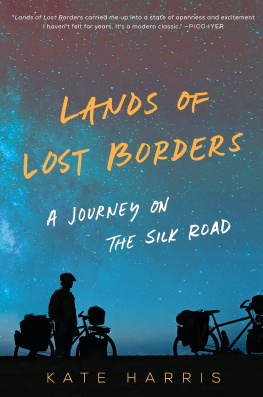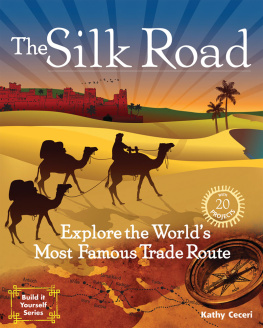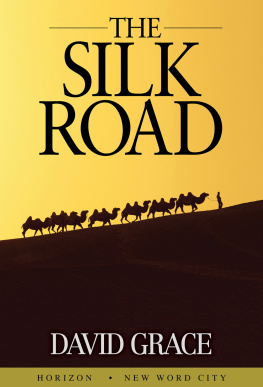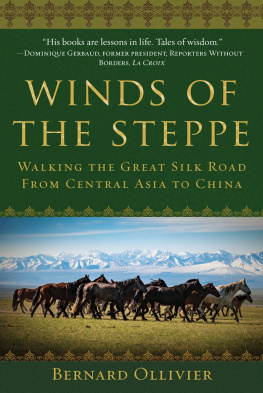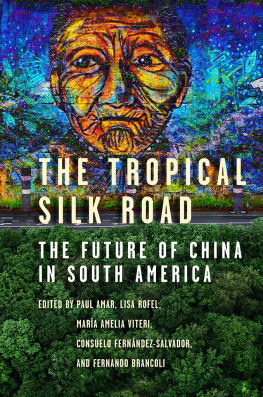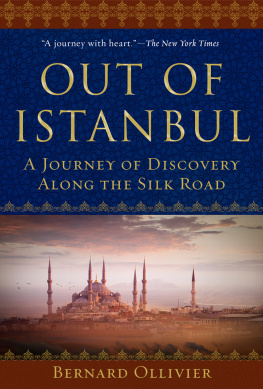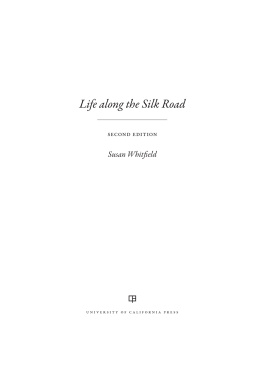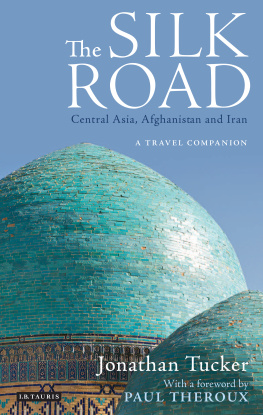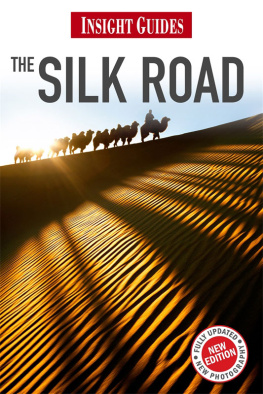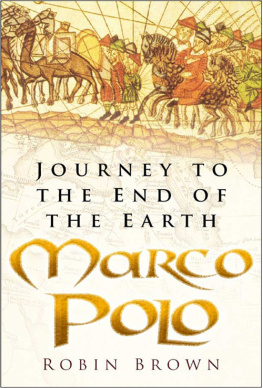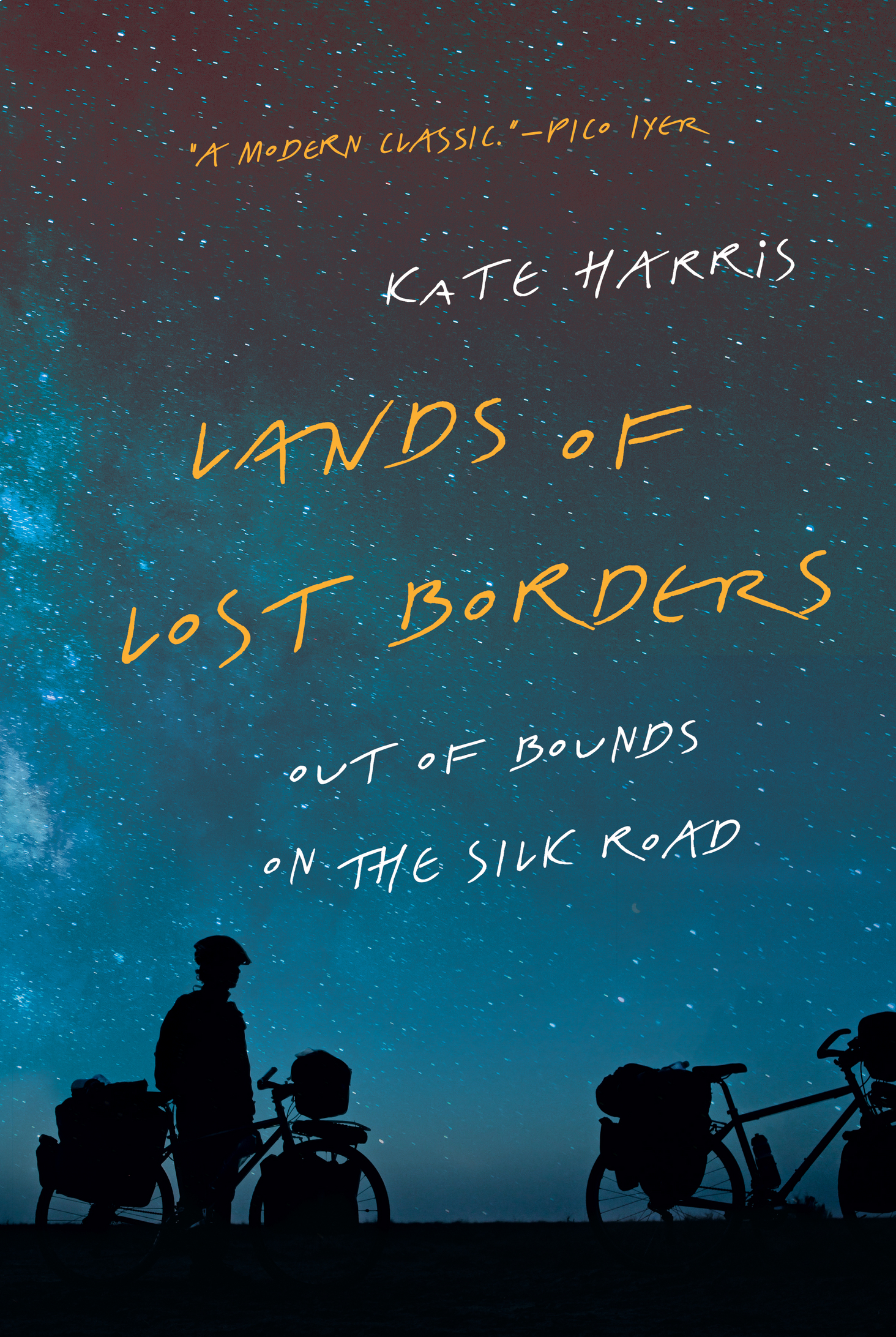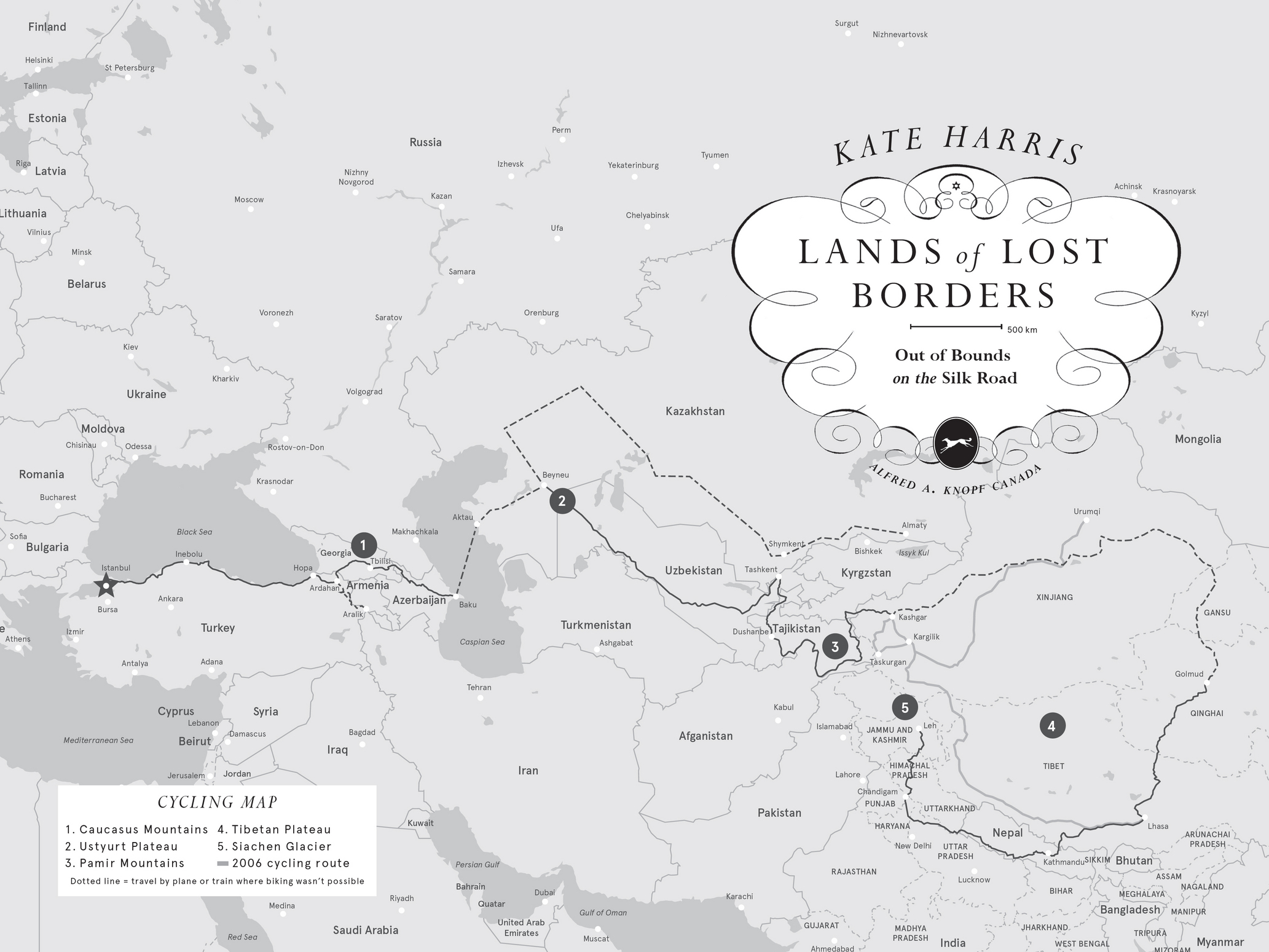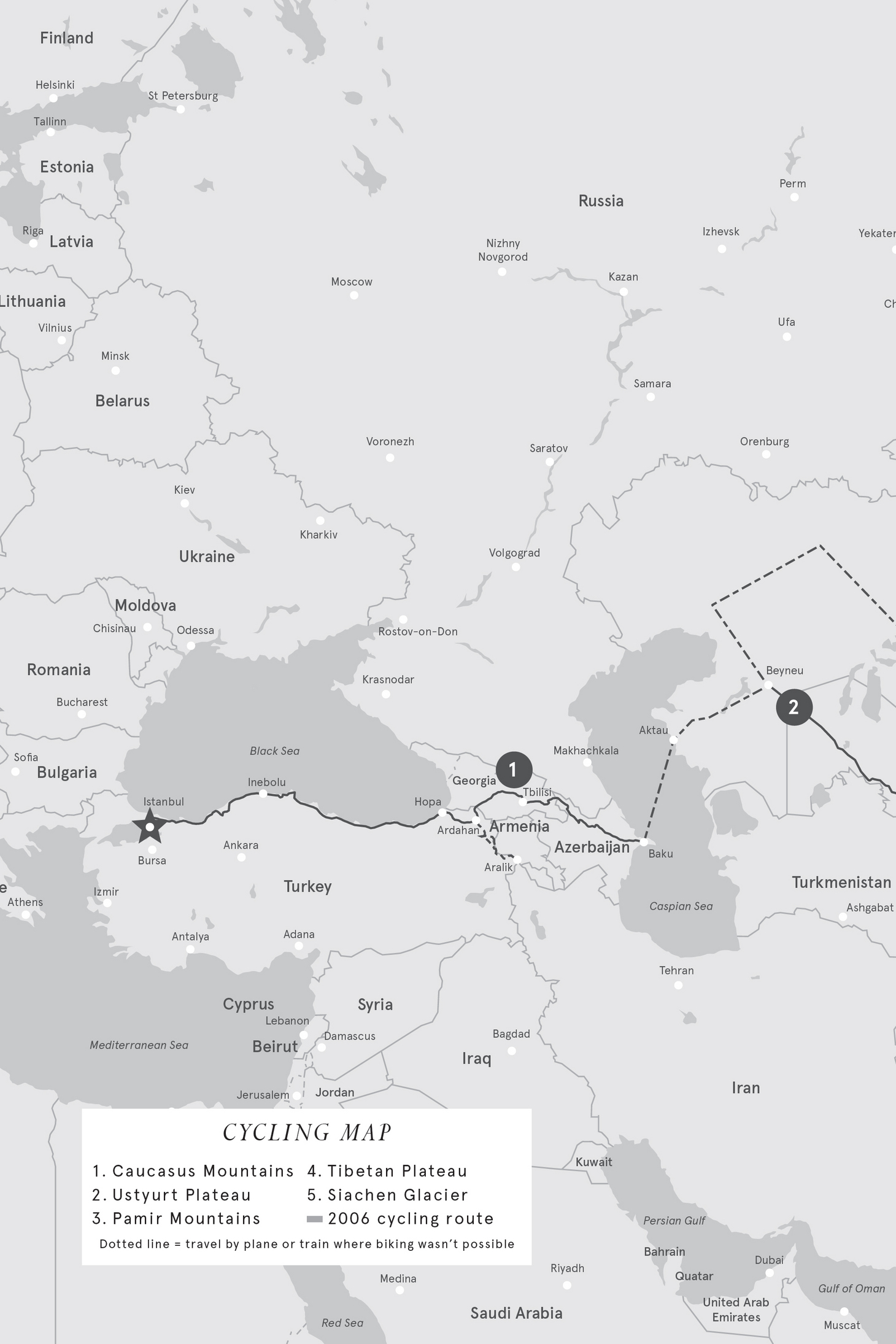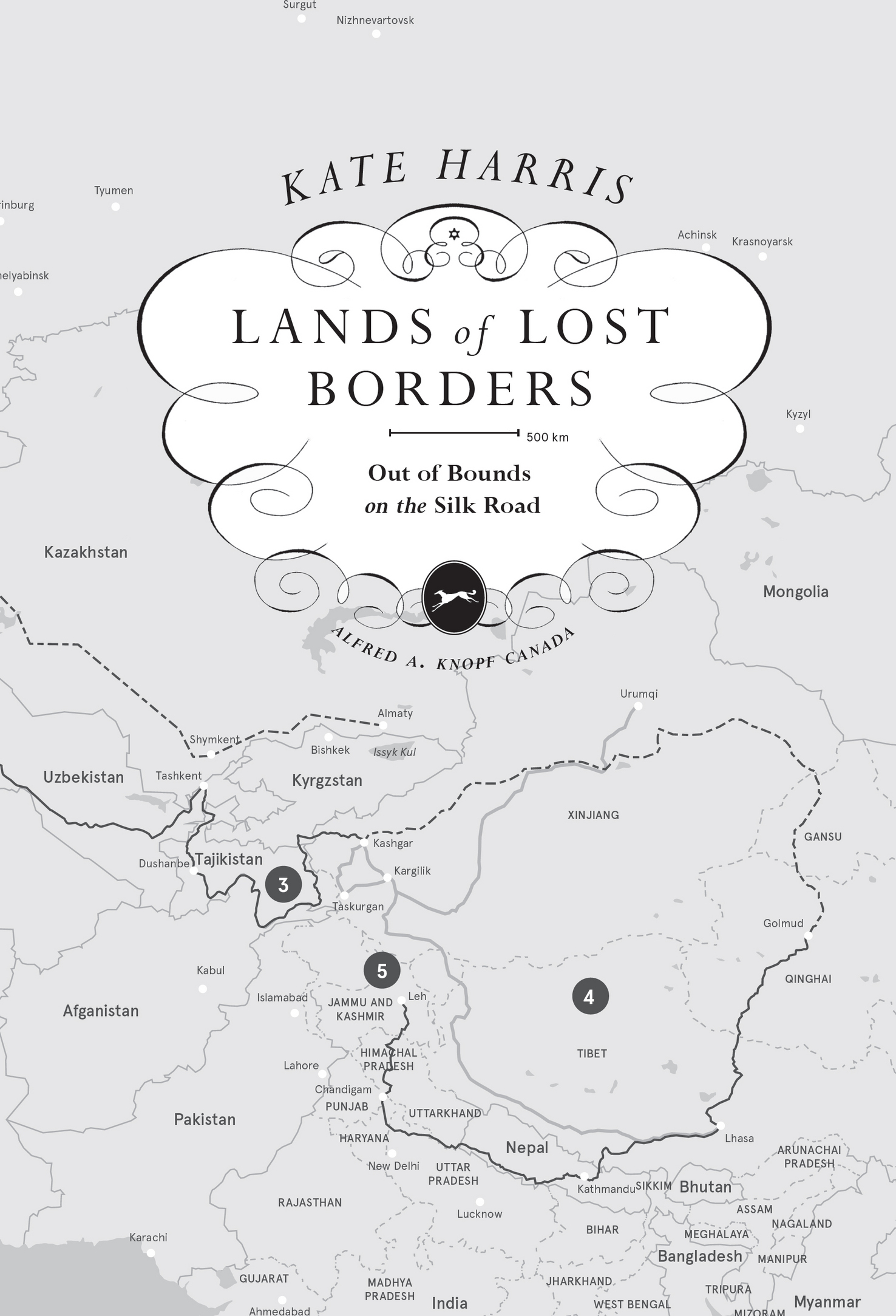PUBLISHED BY ALFRED A. KNOPF CANADA
All rights reserved under International and Pan-American Copyright Conventions. No part of this book may be reproduced in any form or by any electronic or mechanical means, including information storage and retrieval systems, without permission in writing from the publisher, except by a reviewer, who may quote brief passages in a review. Published in 2018 by Alfred A. Knopf Canada, a division of Penguin Random House Canada Limited. Distributed in Canada by Penguin Random House Canada Limited, Toronto.
Alfred A. Knopf Canada and colophon are registered trademarks.
Lands of lost borders : out of bounds on the Silk Road / Kate Harris.
Issued in print and electronic formats.
1. Harris, KateTravelSilk Road. 2. CyclingSilk Road.
3. Silk RoadDescription and travel. I. Title.
To speak of knowledge is futile. All is experiment and adventure.
We are forever mixing ourselves with unknown quantities.
PROLOGUE
The end of the road was always just out of sight. Cracked asphalt deepened to night beyond the reach of our headlamps, the thin beams swallowed by a blackness that receded before us no matter how fast we biked. Light was a kind of pavement thrown down in front of our wheels, and the road went on and on. If I ever reach the end, I remember thinking, Ill fly off the rim of the world. I pedalled harder.
The evening before, Melissa and I had carefully duct-taped over the orange reflectors on our wheels. Just after midnight, wed crawled out of our sleeping bags, dressed in black thermal long underwear, packed up camp, and mounted our bicycles. As we rode toward Kudi, a tiny outpost in western China, only our headlamps gave us away, two pale flares moving against the grain of stars. We clicked off the lights as we neared the town.
It was three a.m. and moonless. The night air was cool for July and laced with the sweet breath of poplars and willows that grew in slender wands beside the river. No clean divisions between earth and sky, light and dark, just a lush and total blackness. I couldnt see the mountains but I could sense them around me, sharp curses of rock. The kind of country that consists entirely of edges.
Sometimes Mel and I drifted blindly into each other, our bulky panniers acting like bumpers. We navigated by the sound of our wheels, a hushed whirring indicating the pavement, a rasp of gravel the road shoulder and the need for a course correction. Travelling by bicycle is a life of simple things taken seriously: hunger, thirst, friendship, the weather, the stutter of the world beneath you. I was so focused on listening to the road that I didnt notice the glint of metal until Mel did.
Thats it, she whispered. The checkpoint.
A guardrail scissored the road ahead, and somewhere beyond it, mythic and forbidden, was the Tibetan Plateau. Though Kudi isnt technically in the Tibet Autonomous Region, or TAR, as China has designated the formerly sovereign nation, the village hosts the first and most formidable military checkpoint on the only road into the western part of Tibet, a place foreigners require permits and guides to visit. Mel and I had neither. We didnt want to subsidize the Chinese occupation of Tibet by paying to go there, and we lacked the money for permits anyway. Plus, wed just graduated from university and felt young and free and rashly unassailable: never once had we met a barrier we couldnt muscle past. So we took a deep breath, looked both ways, and biked directly under the raised guardrail.
Nothing happened. Somewhere to my left a river sounded like wind. The stars looked freshly soldered above the dark metal of the mountains, faintly visible now that our eyes had adjusted. Mel was a whim of shadow to my left but I could feel her giddiness, or maybe it was my own, adding a kind of shimmer to the air. The world seemed preternaturally honed and heightened, our vision and hearing sharper. I watched a star shoot to the horizon with an afterimage trailing behind it. Did you see that? I whispered. When that same star shot up again, we shoved our bikes into the ditch and ran.
The flashlight scanned the road, moving closer in clean yellow sweeps. Mel dove into the ditch a few metres from our bikes and I bolted senselessly toward the nearest building, where I flattened myself against a wall. I heard footsteps approach, the click of heels on concrete, and regret seared me. I would never be a Martian explorer now. Instead Id spend the rest of my days in a Chinese prison, desperately wishing I had something to read. With my cheek pressed against concrete, I stared up. If the heavens aligned, I told myself, if a single constellation clicked into placethe Big Dipper, say, or Cassiopeiawed be saved. I scanned the night sky for some reassuring sign, any familiar map to orient myself byironic, I suppose, when the great goal of my life was getting lost. But the stars reeled and spun and refused all their usual patterns. The footsteps came closer and closer and stopped.
Then I spotted the Big Dipper pouring out the sky. The footsteps started again, moved closer, and faded away. I didnt dare move or breathe or glance at Mel, who was still playing dead somewhere in the ditch. A few minutes or an eternity later a truck sputtered into gear and drove off the way wed come. The night settled back into silence.
We grabbed our bikes and continued racing through Kudi, instantly unrepentant. Fear exhausted itself into euphoria, a sense of irrational hope. The man with the flashlight surely saw us, pathetic and full of prayers in the ditch and against the wall, a couple of dogs with our heads tucked under the couch, believing our whole bodies hidden. At the very least he must have spotted our bikes overturned in the ditch, their wheels spinning uselessly. Why he decided to move on was a mystery we didnt question, in part because we were too winded to talk.
But even as Mel and I pedalled hard toward the Tibetan Plateau, I noted the bomb-like ticking of excess reflector duct tape against the front fork of my bike. Tick-tick-tick-tick-tick, the sound went, a gentle yet ominous stutter. I should trim that, I thought to myself. Thats when a second checkpoint, the real checkpoint, loomed from the darkness like a bad dream. This time the guardrail was lowered, thigh-high, and secured with chains. Lighted concrete buildings edged the checkpoint on both sides, though we couldnt see anyone in them.


